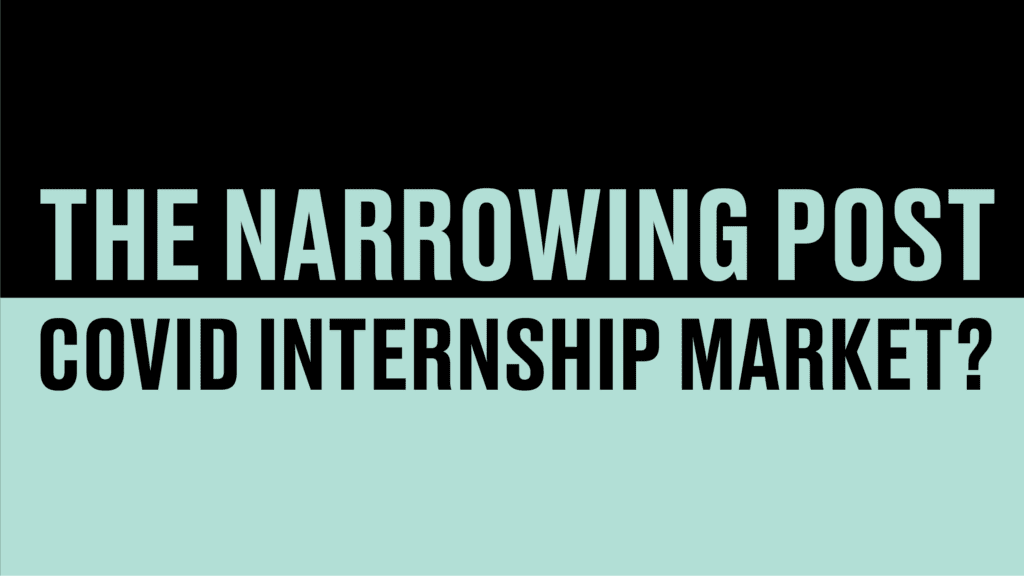
For this issue I was tasked with finding out a bit more about the current internship scene, seeing as I am looking for one myself. The team put me in contact with Sandy Muller, who is the Work Integrated Learning Manager here at the University. She then got in contact with the WIL Coordinators in HECS (Courtney Kelly, Jewal Morrison, Le Vonne Pillott, Clare Hewins), Industry Engagement Director in WMS (Steve Bowden) and Careers (Heather Lowery-Kappes) to get a good understanding of it across the University. The responses below are a combination of everyone’s opinions.
Nexus: New Zealand has fallen into a recession which means businesses are less likely to take on interns at the moment. Has that meant more students are choosing to do research papers instead?
I think you’ve made an incorrect assumption here. After some initial uncertainty, businesses have not actually steered away from internship opportunities. While some summer internships are unpaid, and so the alert levels and recession has had no impact on those, others are actually better funded (think dairy, agriculture, infrastructure, roading), and there has been increased funding in some areas such as through the Callaghan Institute which funds Science and Software research internships for example.
In past years, students often found their own internship opportunities, but this year the Divisional WIL and industry engagement staff are needing to help find more internships than in previous years. Many of the larger organisations are still offering their normal summer internships and they know they will face issues in the future if they don’t continue with recruitment.
Nexus: Because there are less job opportunities, making each one more competitive. What can students do to increase their employability?
Be proactive, use any connections you can, present professionally. Get your CV and cover letter ready, volunteer, network – career development services can help with that. Those in IT should consider doing side projects (e.g. build an app or website to help friends or family) in which they can showcase their skills.
The WIL Central Unit and Careers recently created a series of videos with graduates, employers and Career Development Services to help graduates in the current job market with tips and ideas.
Nexus: Are you seeing any negative effects on students’ chances of landing graduate roles post study?
A decent number of companies suspended their recruiting while uncertainty was high but many have come back into the market later – albeit with a complete restart of recruiting – which has been frustrating for students who were well through the process.
Nexus: What can be done to mitigate these effects?
The same secrets to graduate employment as previously exist now. Plan early (from first year) and build a resume over the time that you are at university that emphasises extra-curricular stuff as well as doing okay in class. Get experiences that allow you to tell good stories in interviews about times you showed resilience, leadership, teamwork etc. Do prep for the tests they give you. They can all be found by a Google search and all improved with practice.
Nexus: Are there any industries that are still taking on the same amount of interns? Why or why not?
Yes, depending on the COVID level. There’s an implicit assumption that interns positions rely on the industry having work. That’s one part of it, but probably more important is supervision. A key question for most companies is, can we do the intern justice in terms of the level of supervision? So if they are stretched with work, that can be a difficult time for companies to take on interns. There are definitely differences across industries but in general we are finding the uncertainty is giving way to some positivity.
Nexus: As a result of the narrowing job market, are more and more students returning to do a Masters degree and improve their CV?
Anecdotally there has been some uptick in interest in Masters degrees in WMS – and it’s probably a smart option for students. What we’ve seen is an interest in the market for both science and business, so that may present Masters options. In other schools, there is not a huge increase noticed at this stage.
Nexus: Is there anything you’d like to add?
These are some verbatim comments from my contributors:
CompSci: Really plan ahead. Do something you are passionate about, but be aware of what industry will thrive given the current environment.
HECS: The proactive and committed students in Science and Engineering should get an internship.
Careers: I am concerned that students think there are fewer opportunities out there, we have seen an increase in internships and graduate and entry-level roles this year and that might be because students are not applying because they have it in their heads there isn’t anything available.